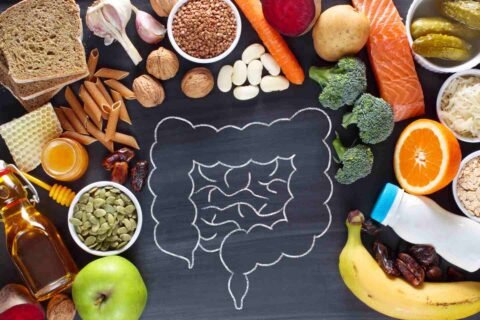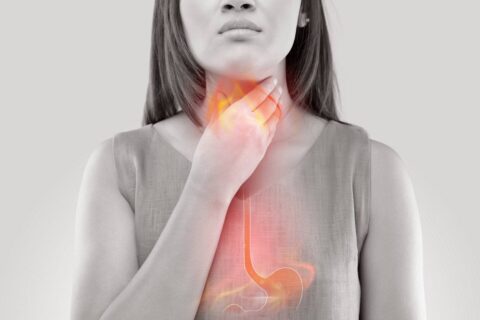Constipation
WHAT IS CONSTIPATION?

- Bowel movements that occur less than two or three times per week.
You are CONSTIPATED when:
- ..stools can be challenging or painful to pass
- ..you have small stools
- ..you have dry stools
- ..you have hard stools
- ..you experience abdominal pain
- ..you have blood in your stools
- ..you have lumpy stools
- ..you experience abdominal bloating
- ..you have unexplained weight loss
Why do I get constipated?
- Too much dairy
- Not enough water
- Not enough fiber
- Not enough physical activity
- Stress
- Travel or changes in routine
- Ignoring urges to use the bathroom
- Medications such as antacids with calcium, antihistamines, antidepressants, diuretics, and antibiotic
Why should I treat constipation? Can cause:
- Hemorrhoids (internal and external)
- Anal fissures (tear in rectum)
- Rectal prolapse (large intestine goes into rectum)
- Fecal impaction (stool gets stuck in the rectum)
What can I do to treat this condition?
Conventional Treatment :
- For temporary relief, utilize over-the-counter laxatives and stool softeners
- For chronic symptoms, the doctor may prescribe medications
It is best treated with lifestyle changes such as increasing your water intake and daily exercise. Along with the increase of fiber in your diet.
In severe cases, both conventional and lifestyle changes are needed, but to prevent reoccurrence the most important changes are in your diet and exercise
Consult your doctor if your symptoms don’t improve with simple changes.
The doctor will start by taking your medical history and performing a physical exam perhaps will order blood work. For those older than 50, a colonoscopy/ flexible sigmoidoscopy may be advised.
These signs and symptoms could signal an underlying digestive condition. Intestinal symptoms can be embarrassing — but don’t let embarrassment keep you from seeking help.
““


